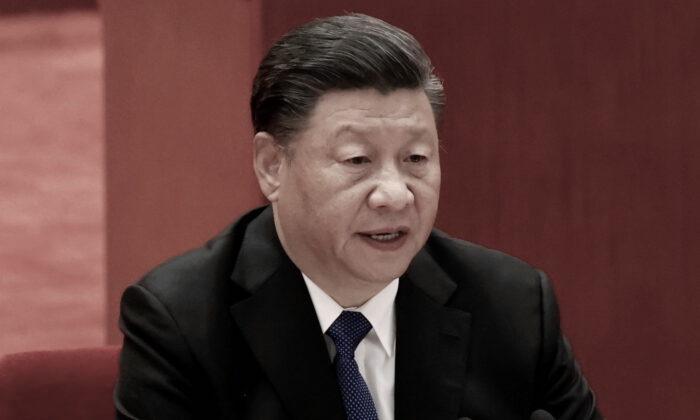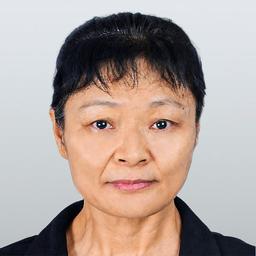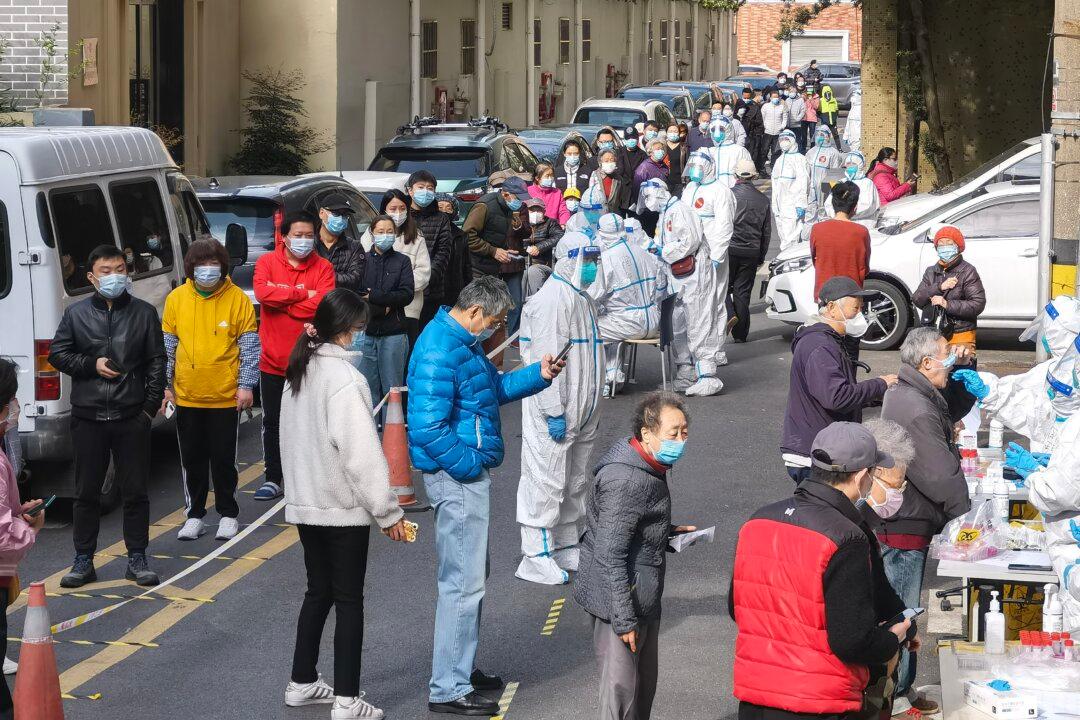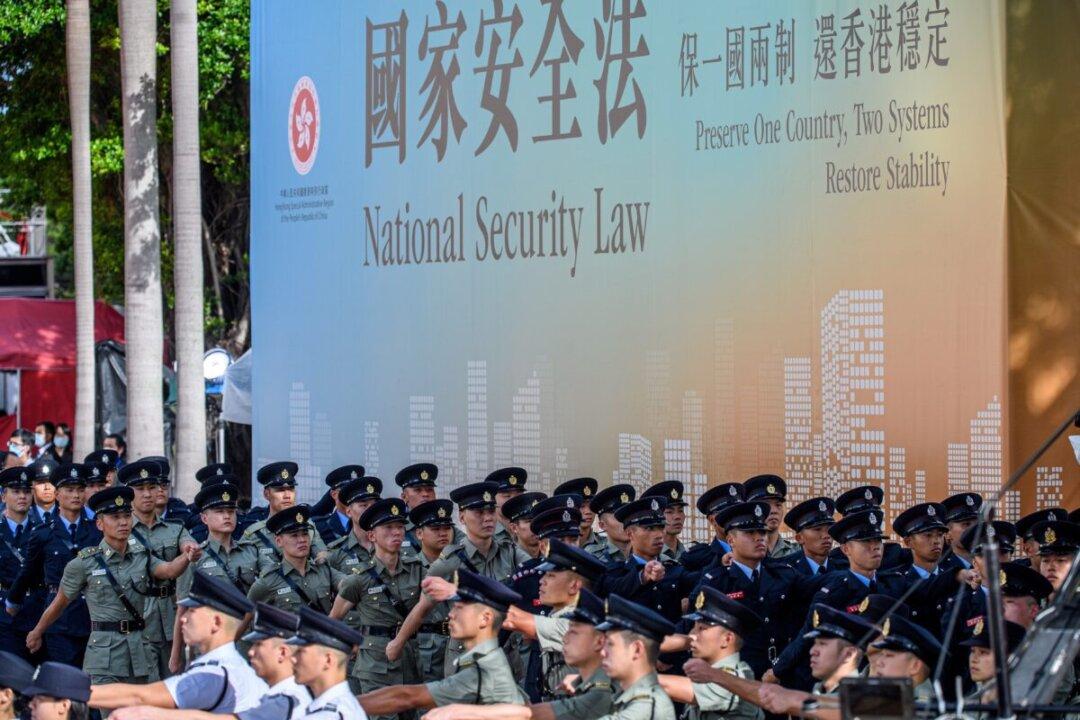Eight years ago, Chinese Communist Party (CCP) leader Xi Jinping criticized party officials for allowing their confidence to waver and sending their families and money abroad. These people were attempting to “leave themselves a way out and prepared to ‘jump ship’ anytime,” he said.
Study Times, a newspaper run by the CCP’s Central Party School for training Chinese officials, recently reiterated these words, saying that while some Party officials were physically present in China, they were mentally abroad.






